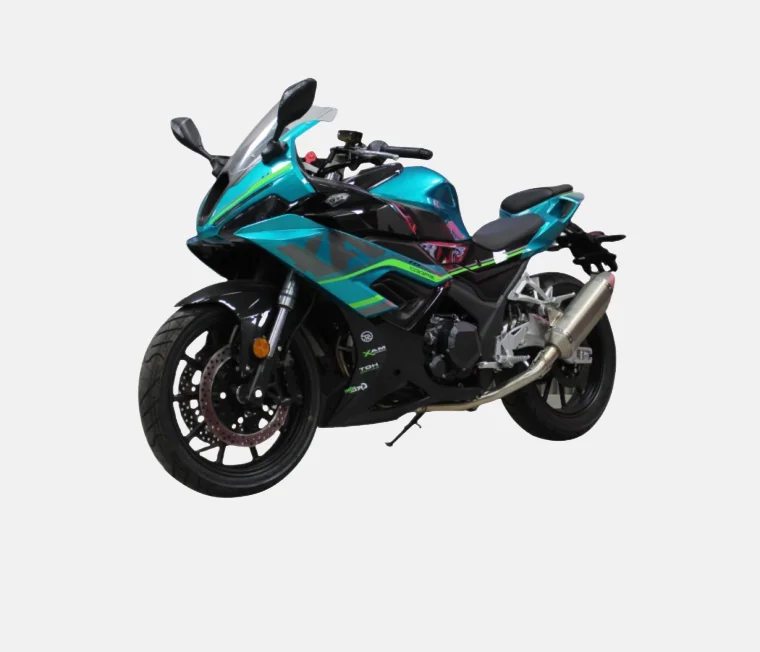The Backbone of Commerce: A Deep Dive into Goods Transported by Truck
In the intricate web of global commerce, trucking plays a pivotal role in the transportation of goods. As one of the most versatile and widely used modes of freight transport, trucks are responsible for moving a vast array of products across cities, states, and even countries. Understanding what goods are transported by truck not only sheds light on the logistics industry but also highlights the essential nature of trucking in our daily lives and the economy at large.
- The Spectrum of Goods Transported by Truck
Trucks are capable of transporting a diverse range of goods, categorized broadly into several sectors:
a. Consumer Goods
One of the most significant categories of goods transported by truck is consumer products. This includes:
- Food and Beverages: Perishable items such as fruits, vegetables, dairy products, and packaged foods are frequently transported in refrigerated trucks to maintain freshness. The food supply chain heavily relies on trucking to ensure that products reach grocery stores and restaurants promptly.
- Clothing and Textiles: Apparel manufacturers and retailers depend on trucks to distribute clothing items from factories to distribution centers and retail outlets. The fashion industry, characterized by its fast-paced nature, requires efficient trucking solutions to keep up with seasonal trends.
b. Industrial Goods
The trucking industry also plays a crucial role in the transportation of industrial goods, which include:
- Raw Materials: Trucks transport essential raw materials such as metals, plastics, and chemicals to manufacturing plants. These materials are the building blocks for countless products, from automobiles to electronics.
- Machinery and Equipment: Heavy machinery, construction equipment, and tools are often transported by flatbed trucks. The construction and manufacturing sectors rely on timely delivery of these goods to maintain productivity and project timelines.
c. Hazardous Materials
Transporting hazardous materials requires specialized trucks and trained personnel due to the potential risks involved. This category includes:
- Chemicals: Industrial chemicals, including solvents and acids, are transported under strict regulations to ensure safety. The trucking industry must adhere to guidelines set by agencies such as the Department of Transportation (DOT) to mitigate risks.
- Flammable Materials: Products like gasoline, propane, and other flammable substances are transported in tankers designed to prevent leaks and spills, ensuring safety during transit.
- The Role of Technology in Trucking
The evolution of technology has significantly impacted the trucking industry, enhancing efficiency and safety in the transportation of goods. Key technological advancements include:
- GPS and Route Optimization: Modern trucks are equipped with GPS systems that allow for real-time tracking and route optimization. This technology helps reduce fuel consumption, minimize delivery times, and improve overall logistics management.
- Telematics: Telematics systems provide valuable data on vehicle performance, driver behavior, and cargo conditions. This information enables trucking companies to make informed decisions, enhancing operational efficiency and safety.
- The Economic Impact of Trucking
The trucking industry is a cornerstone of the economy, contributing significantly to GDP and employment. According to the American Trucking Associations (ATA), trucking accounts for approximately 72.5% of all freight transportation in the United States. This dominance underscores the importance of trucking in facilitating trade and commerce.
Moreover, the trucking sector supports millions of jobs, from drivers to logistics coordinators, and stimulates growth in related industries such as manufacturing, retail, and warehousing. The ripple effect of trucking extends beyond the immediate transportation of goods, influencing various facets of the economy.
- Challenges Facing the Trucking Industry
Despite its critical role, the trucking industry faces several challenges that can impact the transportation of goods:
- Driver Shortage: A persistent shortage of qualified truck drivers poses a significant challenge. Factors such as long hours, low pay, and lifestyle impacts deter potential candidates from entering the profession.
- Regulatory Compliance: The trucking industry is subject to numerous regulations, including safety standards and environmental laws. Navigating these regulations can be complex and costly for trucking companies.
- Rising Fuel Costs: Fluctuating fuel prices directly affect operational costs for trucking companies. Efficient fuel management strategies are essential for maintaining profitability in a competitive market.
Conclusion
Trucking is an indispensable component of the global supply chain, responsible for transporting a wide variety of goods that are essential to our daily lives. From consumer products to industrial materials, the breadth of goods moved by trucks underscores their importance in facilitating commerce and economic growth. As technology continues to evolve and the industry adapts to emerging challenges, the role of trucking will remain vital in shaping the future of logistics and transportation. Understanding the complexities of what goods are transported by truck not only highlights the industry's significance but also emphasizes the interconnectedness of our economy.




